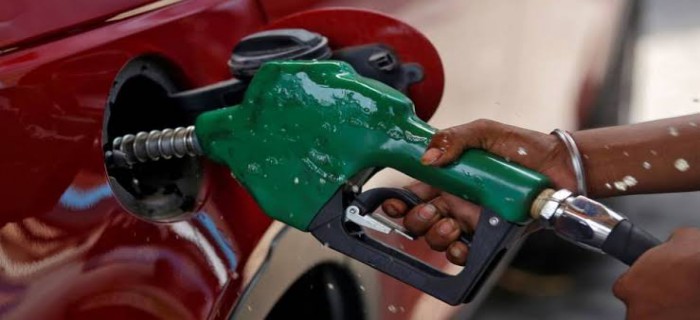
India relaxes guidelines for entry of private and foreign players in fuel retail
The Union cabinet chaired by Prime Minister Narendra Modi today approved changes in guidelines for granting permission to companies to for marketing of transportation fuels.
The new guidelines have lowered the entry barrier by bringing down the minimum networth requirement from the existing Rs 2,000 crore to Rs 250 crore; allow even non-oil companies to invest in the retail sector doing away with the existing requirement of prior investment experience in the oil and gas sector; and provide flexibility in setting up a joint venture or subsidiary for market authorisation.
“This marks a major reform of the guidelines for marketing of petrol and diesel. (The existing policy) has now been revised to bring it in line with the changing market dynamics and with a view to encourage investment from private players, including foreign players, in this sector,”” said an official statement.
It added that as a result of the change in policy, more private players, including foreign players, are expected to invest in retail fuel marketing leading to better competition and better services for consumers. Also, the new entities will bring in latest technology for marketing of fuels and also encourage digital payments at the retail outlets.
Under the revised guidelines, the authorised entities are required to set up minimum 5 per cent of the total retail outlets in the notified remote areas within 5 years of grant of authorisation. Also, an individual may be allowed to obtain dealership of more than one marketing company in case of open dealerships of PSU oil marketing companies but at different sites.
The existing policy for granting authorization to market transportation fuels had not undergone any changes in the last 17 years. The government said the new policy will give a fillip to Ease of Doing Business with transparent guidelines and boost direct and indirect employment.
Foreign oil firms like Saudi Aramco, Puma Energy and France's Total are reportedly interested in setting up fuel stations in India.
At least one sector expert, who did not wish to be quoted, said the guidelines to further open up the sector might have come a little late due to market saturation, very high market share of state-owned fuel retailers, advent of electric vehicles and concerns over the government’s intervention in pricing of auto fuels.
Of the 64,624 petrol pumps currently operational in the country, 90 per cent are operated by three state-owned oil marketing companies, led by Indian Oil with 42.9 per cent share, Hindustan Petroleum with 23.9 per cent share and Bharat Petroleum with 22.9 per cent share.
The three OMCs have in the past 11 years added 2,518 petrol pumps every year on an average. The OMCs last year floated tenders inviting petrol pump dealers to set-up outlets in more than 75,000 locations across the country.
On the other hand, private players, who have been allowed to enter the business of marketing transportation fuels since 2002 have only added 6,673 pumps up to April 2019. However, the private players have gradually increased their share of retail outlets to 10 per cent by March 2019, from 6 per cent in March 2013.
Also, Reliance Industries and British multinational oil and gas company BP recently announced a decision to set up a 51:49 joint venture to operate their fuel retailing business, targeting expanding the number of filling stations to 5,500 in five years and offer home delivery of fuel.

.gif)
.jpeg)
leave your comment